Definitive Guide for E.A.T and Y.M.Y.L.
- Home
- Knowledge Sharing
- Definitive Guide for E.A.T and Y.M.Y.L.
You already know that the text on each web page must serve a practical purpose. Google will not likely be impressed without the proper focus and information readers can use. Fortunately, there's a wealth of information that helps you understand how to serve your readers well while enjoying higher rankings in Google search results.
Among that information, you will learn about what's known as Google YMYL and EEAT . These acronyms are not merely buzzwords designed to capture interest. They actually stand for things that are important. Here's some information to help you get a better idea of what constitutes a Y.M.Y.L. site and how the concept of EAT will make a difference for you, your readers, and your rankings.
Exploring the World of E.E.A.T
E.E.A.T means "Experience, Expertise, Authoritativeness, Trustworthiness." On the surface, you understand the general meaning of each of these words. As they relate to your web pages and their rankings, it helps to have an idea of what Google means by each one.

The Role of Experience in E-E-A-T for SEO
Experience refers to the practical knowledge and craftsmanship that an author or website demonstrates on a particular subject. This can be shown through real-world interactions, case studies, in-depth research, and user testimonials, all providing tangible evidence of knowledge. By incorporating real-world experiences, websites can build trust with their audience, address practical concerns, and deliver insights that purely hypothetical content cannot provide. Enhancing the experiential aspect of content not only builds credibility but also improves search engines and attracts more engaged, qualified users.
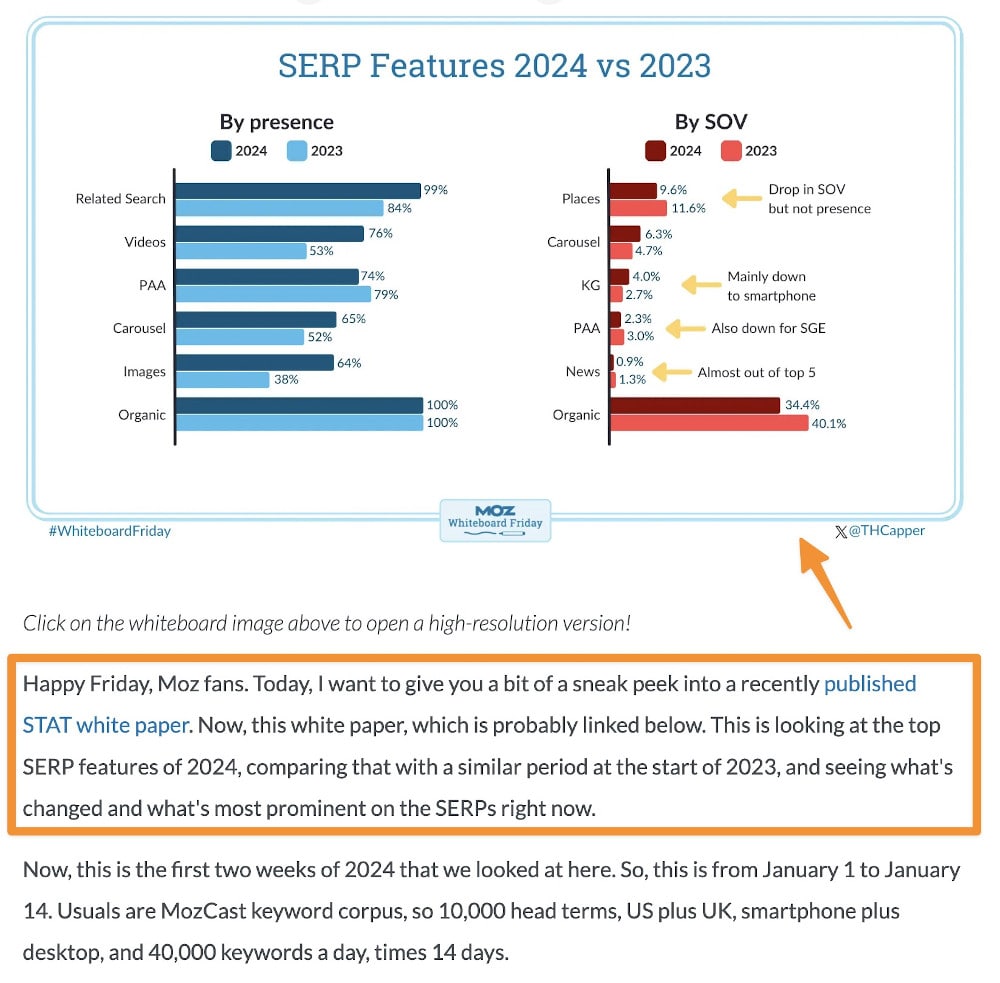
Establishing Expertise: Proving Your Authority on the Subject
This component of E.E.A.T has to do with establishing yourself as an expert . The goal is to establish in the mind of the reader that you have training, education, and a background that has to do with the page's subject matter.
The way that you demonstrate your expertise depends a great deal on the nature of those pages. In some cases, a short bio that establishes why you are an expert on the information provided will suffice. With less formal content, you may note events or activities within the text itself that establishes that you have expertise in the topic under consideration. You can even use some sort of tag line or slogan that indicates that you are the person to come to when the reader is seeking information on this particular subject.
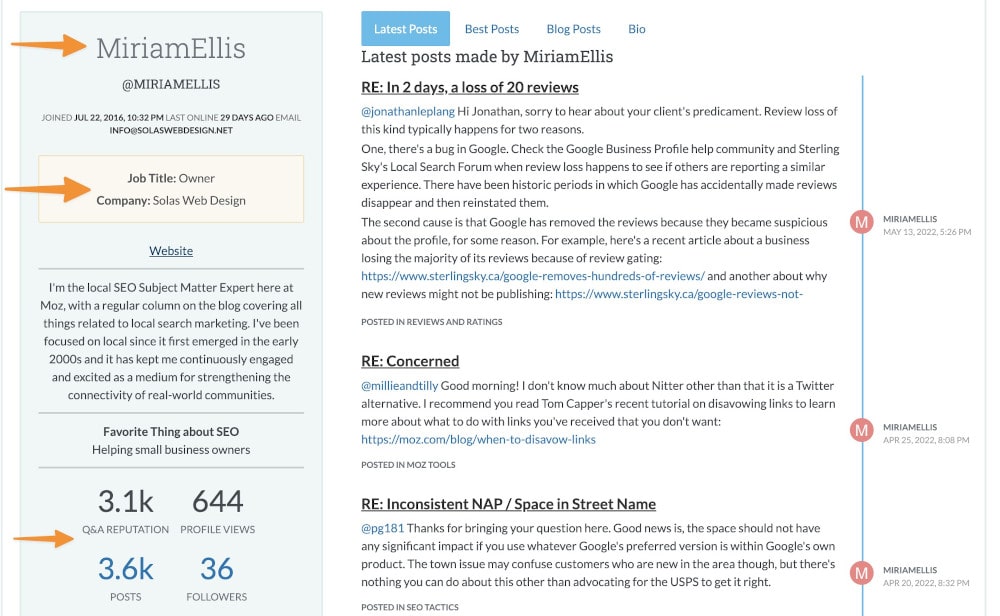
Building Authoritativeness
This part of the E.E.A.T acronym can and often does include references to your expertise. However, authoritativeness is about more than knowledge obtained from study. It also has to do with events that deepened your understanding and appreciation for the topic. For example, your website or blog may be all about tips for operating a home. You have expertise, in that you've managed your home for years. The authority aspect comes in when you provide reviews for home appliances, cleaning supplies, and other things that you've used. That usage makes you something of an authority on those goods and products. Same may be applicable to various guides, say, for basement renovation or an expert opinion on how to save money in Canada.
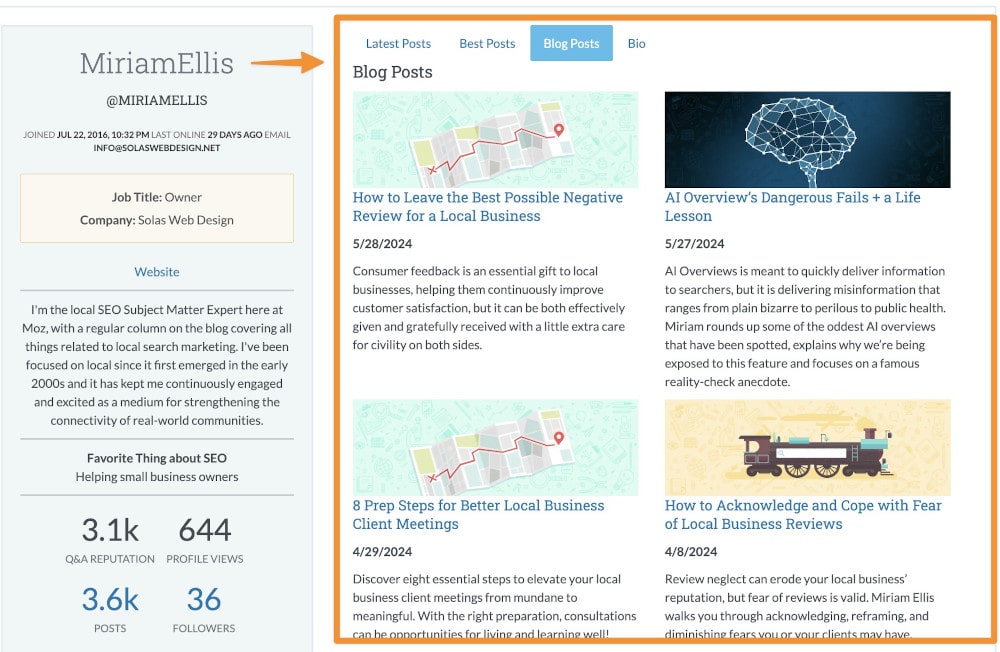
Trustworthiness: Building Reader Confidence and Loyalty
This part of E.E.A.T is about earning trust. Readers must feel that they can trust the site's content and also any interaction that they choose to initiate while on your pages. One of the easiest ways to understand the need for trust is if you operate some sort of e-commerce site. Visitors want to know that the site's secure and that no one will have an easy time of getting to their credit card information after they place orders.
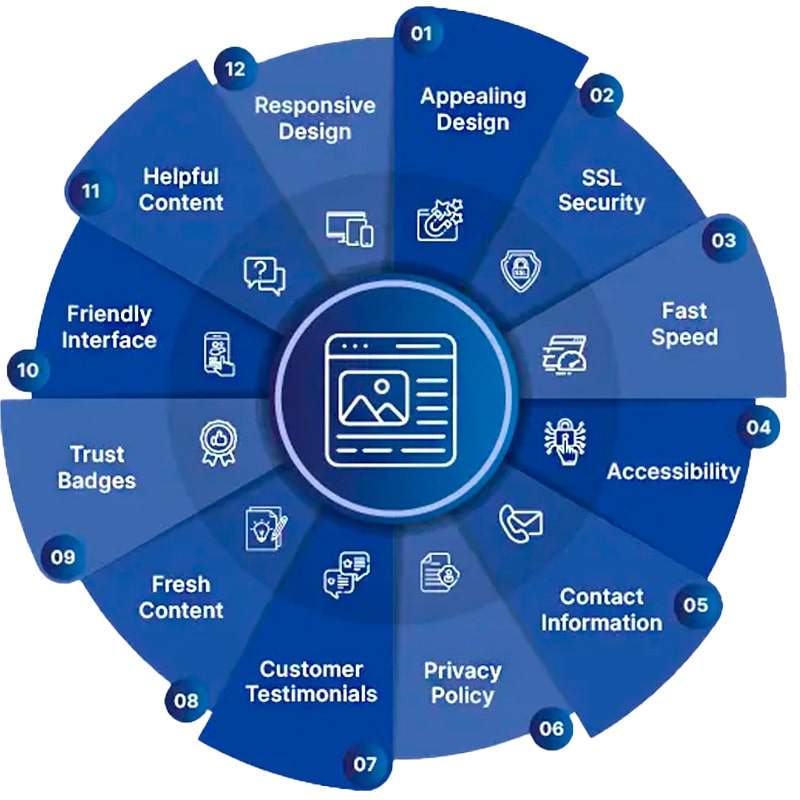
Trust, combined with your expertise and authority, gives readers a reason to return. They will want to check out what's new, place more orders, and stay updated with your site because they feel comfortable and secure.
In November 2023, the latest update to the search quality evaluation guidelines was released.
This update simplified the definitions of the "Needs Met" rating scale, added more guidance for different types of web pages, and included modern examples, such as short videos.
From this, it's important to highlight that incorporating high-quality video production into your strategy can enhance user trust in your website. While it may not directly impact your ranking, it will generate positive feedback.
Google Y.M.Y.L. and Providing Value to Your Readers

While E.E.A.T is great, don't stop there. When evaluating web pages, it's important to consider Y.M.Y.L. meaning Your Money or Your Life, which refers to content that can impact a person's health, financial stability, or safety. Y.M.Y.L. sites that are the most successful offer quite a bit of E.E.A.T on every page. Whatever the subject matter, the Y.M.Y.L. site provides direct, up-to-date, factual information that impacts the reader. More to the point, data found on Y.M.Y.L. sites provides a recognizable benefit to the reader.
What are some examples of Y.M.Y.L. sites? One would be an online store that provides the goods readers seek and makes it easy to place a secure order. Another would be a Y.M.Y.L. site that provides specific advice, such as how to parent a teenager or counsel on managing a chronic health condition. You'll find Y.M.Y.L. sites dedicated to helping people with specific financial issues, such as learning how to manage money while in a Chapter 13 bankruptcy or how to consolidate your debt .
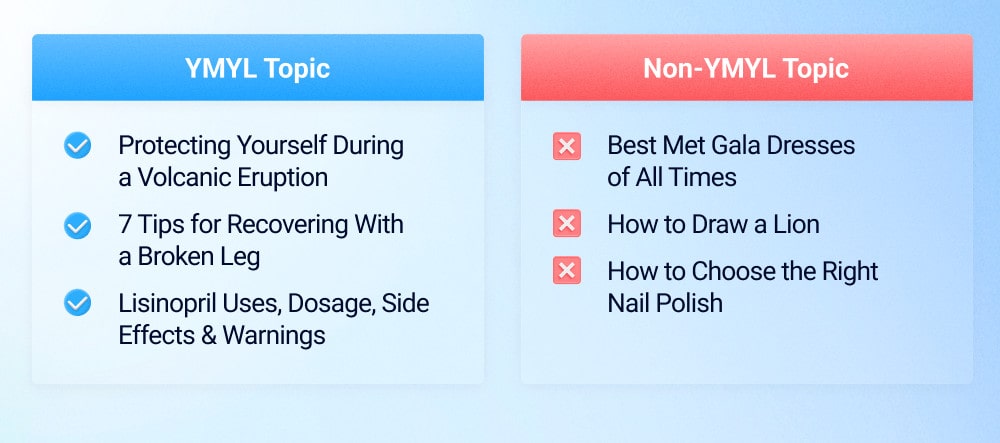
The content on a Y.M.Y.L. site is designed to do more than provide overviews. It may include specific test cases as a way to illustrate points. It could use links to direct the reader to other authoritative information relevant to what they are seeking. There's room for some type of Y.M.Y.L. SEO within the content. In fact, it's essential. The thing to remember is that Y.M.Y.L. sites which receive the most love from Google use Y.M.Y.L. SEO judiciously. The keywords or phrases are not shoe-horned into the text. Instead, the flow is natural and fits right in with whatever the topic happens to be.
The Correlation Between E.E.A.T and Google Y.M.Y.L.
The connection between E.E.A.T and Google Y.M.Y.L. is a direct one. If you want to add value for yourself and for your readers, you have to E.E.A.T. Without E.E.A.T, even the best attempt at Y.M.Y.L. SEO will produce no more than marginal results.
How do owners of Y.M.Y.L. sites achieve this? If you're not an expert, you either acquire personal experience and knowledge or you hire professionals who already have those attributes to prepare your content. You ensure your Y.M.Y.L. site is properly secure and there's evidence for your readers to see. You stay on top of which keywords and phrases are currently trending and happen to be relevant to what your website or blog is all about, then incorporate them logically into your Y.M.Y.L. SEO efforts.
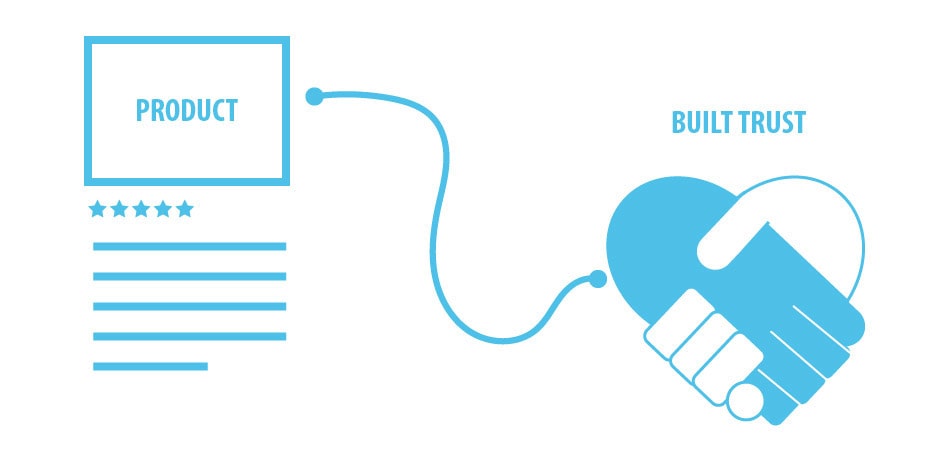
As you can tell, making the most of E.E.A.T and Google Y.M.Y.L. involves more than writing something off the top of your head. It means putting real effort into your publishing and how it will benefit your readers. Without that effort, your Y.M.Y.L. SEO won't accomplish much.
Expert Help Will Get You There
If you feel a little overwhelmed by the ideas of E.E.A.T and Google Y.M.Y.L., don't feel alone. There are ways to achieve the goal:
-
Consult an Expert:
Contact an expert to evaluate your current pages and determine the extent to which E.E.A.T and Google Y.M.Y.L. are already in use.
You may have already incorporated these concepts to some degree without realizing it. -
Intentional Application:
After the evaluation, the expert can guide you intentionally using E.E.A.T and Google Y.M.Y.L. This will enhance the quality of your content and set the stage for attracting more visitors. -
Efficient SEO Use:
You can utilize SEO more efficiently and cover topics not covered on your site. -
Beyond Health and Fitness:
Even if your focus is not on health, fitness, or medical subjects, learning to implement E.E.A.T efficiently increases the potential for reaching more interested readers. -
Feedback and Growth:
As you improve your E.E.A.T proficiency, expect increased feedback from readers about the topics or products they want to see. Attention to this feedback could elevate your online presence to levels you never imagined possible.
In summary, understanding and implementing E.E.A.T and Y.M.Y.L. principles are pivotal for any website aiming to thrive in today's digital landscape. These concepts bolster your site's credibility and trustworthiness and ensure you provide valuable and reliable information to your audience. By prioritizing expertise, authority, and user trust, you can enhance your online presence, attract more visitors, and foster long-term relationships with your audience.






